Maplin is seeking new investment and aims to slash its rental bill amid tough trading conditions, Retail Week can reveal.
New boss Graham Harris, the retailer’s former commercial director who took the reins this month, has drafted in PwC to help secure fresh funding.
He has also set about cutting the company’s cost base as he strives to put the business – owned by private equity firm Rutland Partners – on a more secure footing so that it can deliver on its strategic promises.
His plans include negotiating with landlords to reduce rents and cutting a number of roles at support centres.
Harris said he is eager to reassure suppliers after two credit insurers pulled the retailer’s cover last year. That resulted in product shortages, which the retailer said knocked its Christmas sales.
Overall, sales fell 7% over the 12 weeks of peak trading. However, excluding the effect of product shortages resulting from the withdrawal of credit insurance, underlying sales were down 3%.
Cost-cutting drive
Following a review of Maplin’s finances during his handover period, Harris plans to start negotiations with landlords.
“The retail landlords need to play their part in supporting the business,” he told Retail Week.
“I want to put us on terms with landlords that are industry standard – the frequency of payments as well as the total amount of rent.”
Harris hopes to find between £8m and £10m in savings across the organisation, including rent reductions, efficiencies among store staff and other operational expenses.
“There’s more work to be done,” he said.
The retailer has also cut 60 roles at its support centres in London and Rotherham, reducing costs by about £2m.
Most have been temporary and contract roles, so the number of people leaving the business is just 19.
Fresh investment
Harris said a combination of tough market conditions, the credit insurance issues and the completion of a period of heavy investment had highlighted vulnerabilities in its balance sheet.
He said: “The 20:20 vision is a good plan. But what happened is the investment cycle peaked and at that same time the economic winds tightened. This has blown us off course and we want to make sure we’re not derailed on our vision.”
The retailer is therefore working with PwC to find new debt or equity investment to “give it the financial firepower” to withstand the pressures.
“I’m exploring all the options to put more funding into the business to get us through this turmoil and allow us to deliver our vision,” he said.
He did not rule out a potential sale of the business, but was insistent that this was not the intention of the process.
20:20 vision
Harris reaffirmed his faith in the retailer’s smart home-centred strategy, of which he was an architect alongside former boss Oli Meakin.
He said the plan to focus on sector expertise and service remains unchanged, supported by a 161% uplift in smart home sales in 2017.
“The strategy is very solid but what it really needs is a cost reset and a stronger balance sheet to see it through.”
The retailer added that it remains profitable in the current financial year and is trading within covenants.




















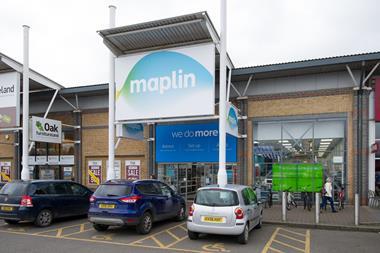
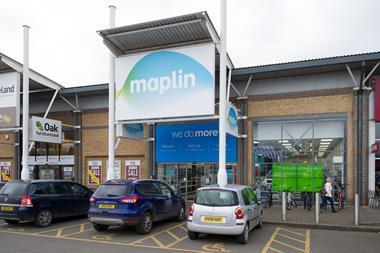
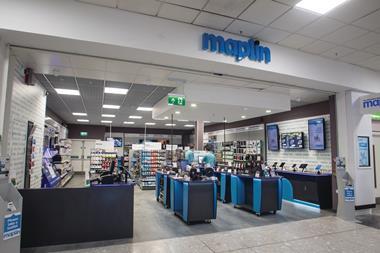
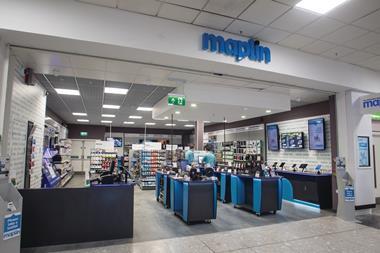
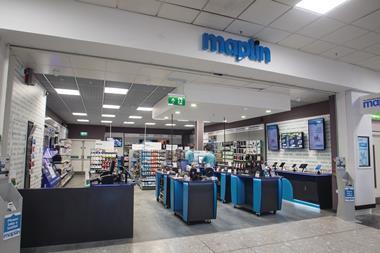
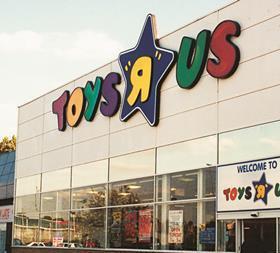
1 Reader's comment